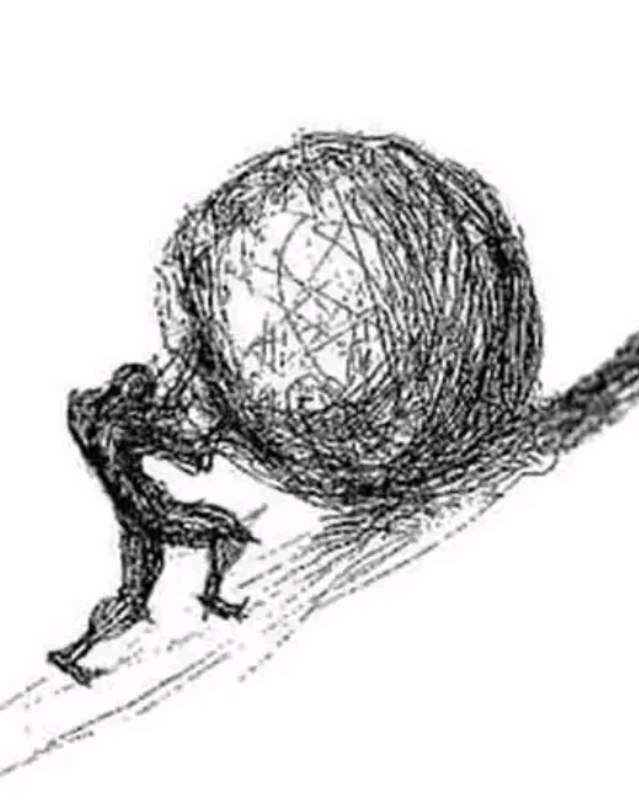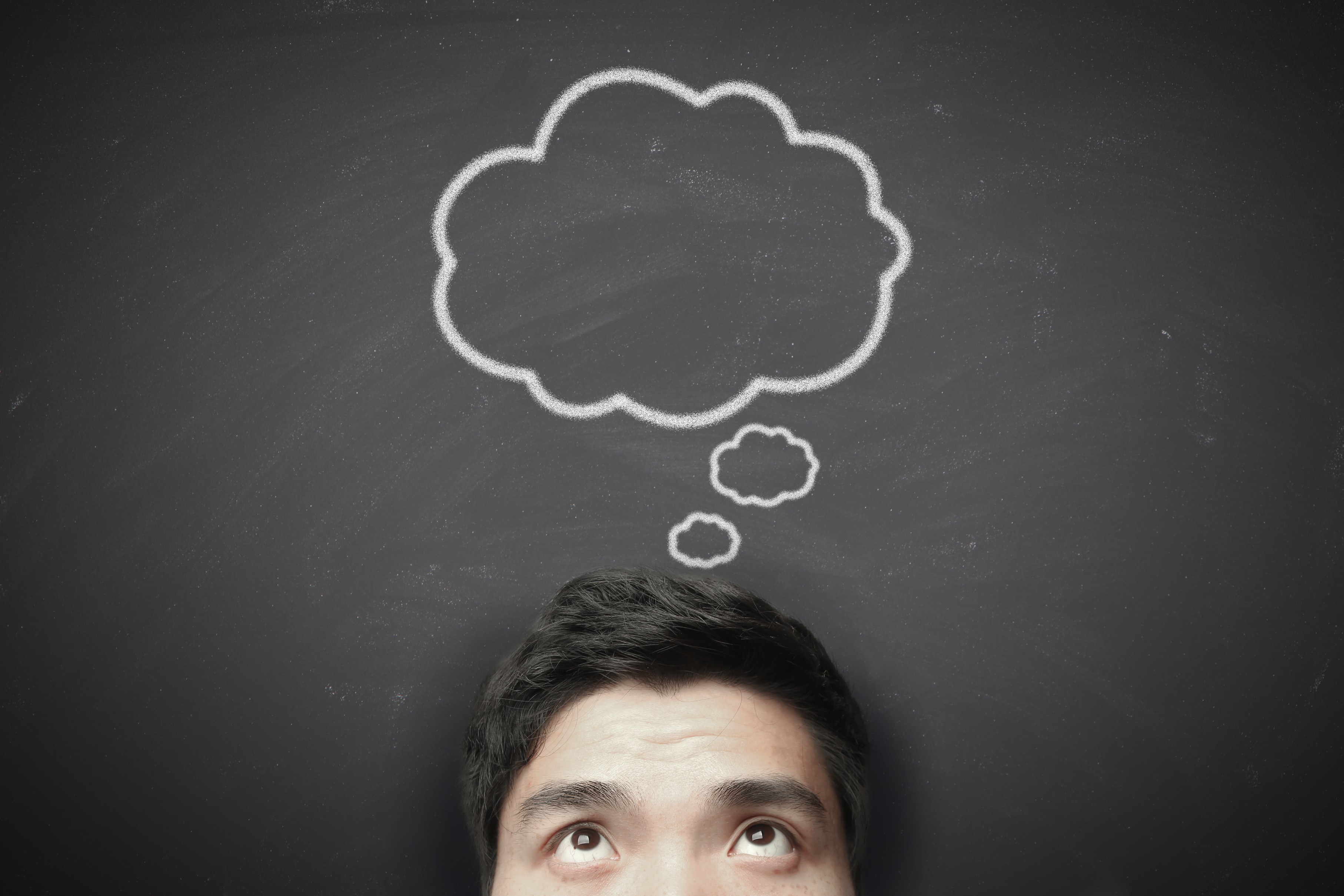I get the basic concept but what do you guys know/think about these ideas? How useful/practical is this framing for society today?
It’s a liberal framing of the separation of the individual from the state. I suppose it’s true that in bourgeois society the state is a weapon against the great majority, so in order to be less obvious they guarantee paper “freedoms,” which usually amount to freedom mostly for capital. Does it matter that everyone is supposedly equally “free to speak” when money can give you a louder voice? Does it matter that all are “free to pursue property/happiness” if wealth begets wealth and poverty, poverty?
Positive freedoms are also an illusion. They are meant to present the image that the state is bestowing something upon the individual. In actuality these freedoms are fought and died for. The state may protect against discrimination in theory, but people gave their lives asking for that right.
In socialist society there is no contradiction between the individual and society. If the government is truly of the people then why do they need to be protected from it? In this case you could see the whole of the proletarian state as a representative of positive rights. People fought for a state of the majority and now their product frees them of want and exploitation. Of course the state is the people. The interests of the individual is to work as they like for the product of their labor or to be at rest however they like. The state that has ceased to be a state (as Lenin would say) is promoted by and promotes such self interest.
To conclude, it seems “negative rights” are a liberal explanation justifying the contradiction between the dictatorship of the bourgeoisie and the masses. “Positive rights” is a phrase that obscures struggle. Both are useless in the context of socialism.
It’s the wrong way of thinking about freedom.
Negative freedom doesn’t exist. It’s an idealist concept that doesn’t account for humans as a society. Even in simple economics, if one person hoards resources, then that raises the price of the remaining resources, to the point where others can’t obtain them.
Increased “negative freedom” isn’t more freedom. It’s just shifting “positive freedom” from some people to others. Or in terms more relevant to our situation, capitalist accumulation.
Negative freedom is the allowance for theft of opportunity.
Edit1:
how should freedom be defined? It should be defined by what you are allowed to do by your material conditions. Whether that’s what society allows you to do or what your resources and abilities allow you to do.
How do we increase the amount of freedom for everyone, and overall? We get more freedom by increasing our production capacity and efficiency, thereby bettering our material conditions; through increasing our productive forces which can only be done through cooperation and not competition.
Edit2:
What does this have to do with the state?
As Lenin has stated, the purpose of the state is to mediate between classes, and the state must favour one class over another. Most states are capitalist states, favouring the capitalist class.,
Class, as it is currently defined, is by how you make your living, or your relation to the means of production. Are you the owning class or the working class?
A capitalist state will always favour capital accumulation, as it favours the owning class. (See my original comment) As such, it will advocate for a more lazefair approach until the contradictions cannot be contained.
A socialist state will try to resolve contradictions, and increase cooperation between the people in order to boost their productive forces. As such, as Mao has said, we cannot be liberal.
For both types of state, this is praxis.



